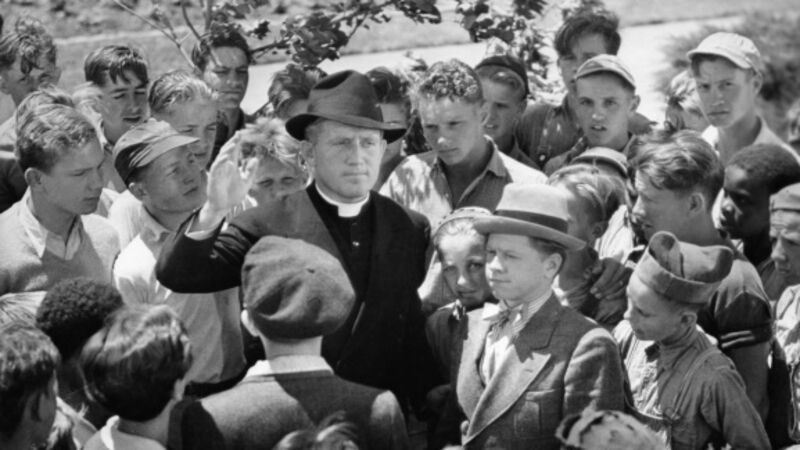Fr Flanagan: How a humble priest became a star

THE death of Mickey Rooney, who came to fame as one of the stars of Boys Town, which won the Oscar for best movie in 1938, yet again brings into focus Fr Edward Flanagan, on whose work the movie was based. Spencer Tracy won the Oscar for best actor for his portrayal of the Irish-born priest.
Edward J Flanagan was born in Leabeg, Co Roscommon, in 1886. He received his secondary education at Summerhill College, Sligo, before emigrating to the US in 1904.











